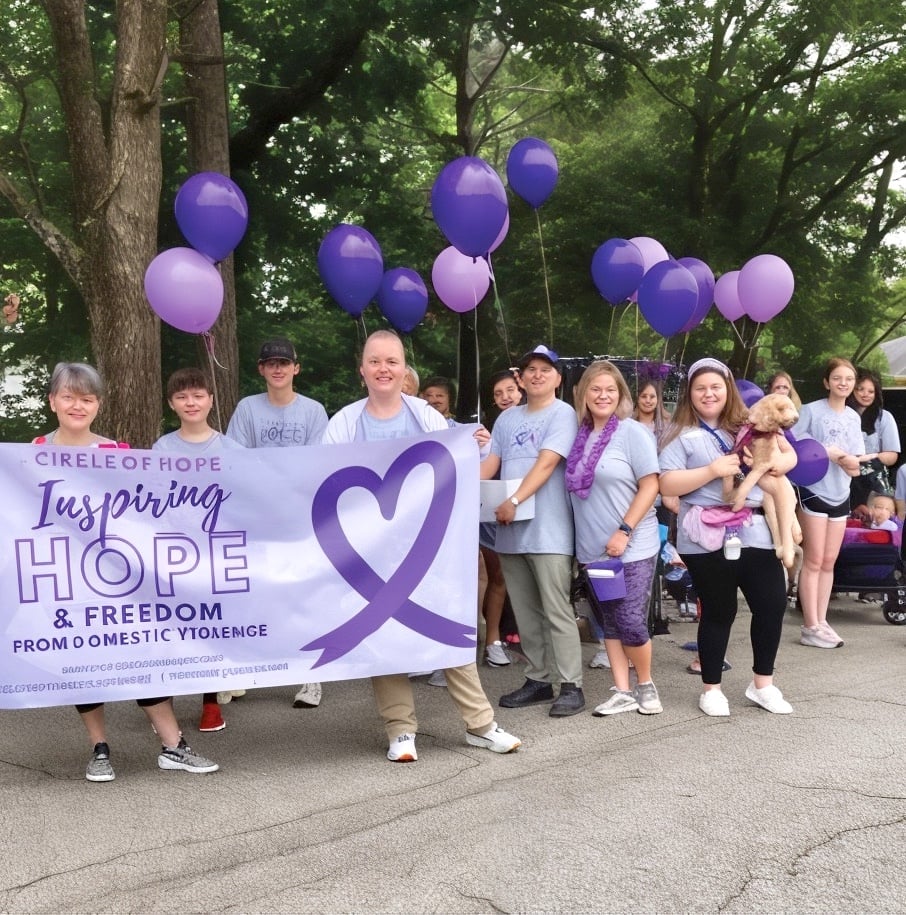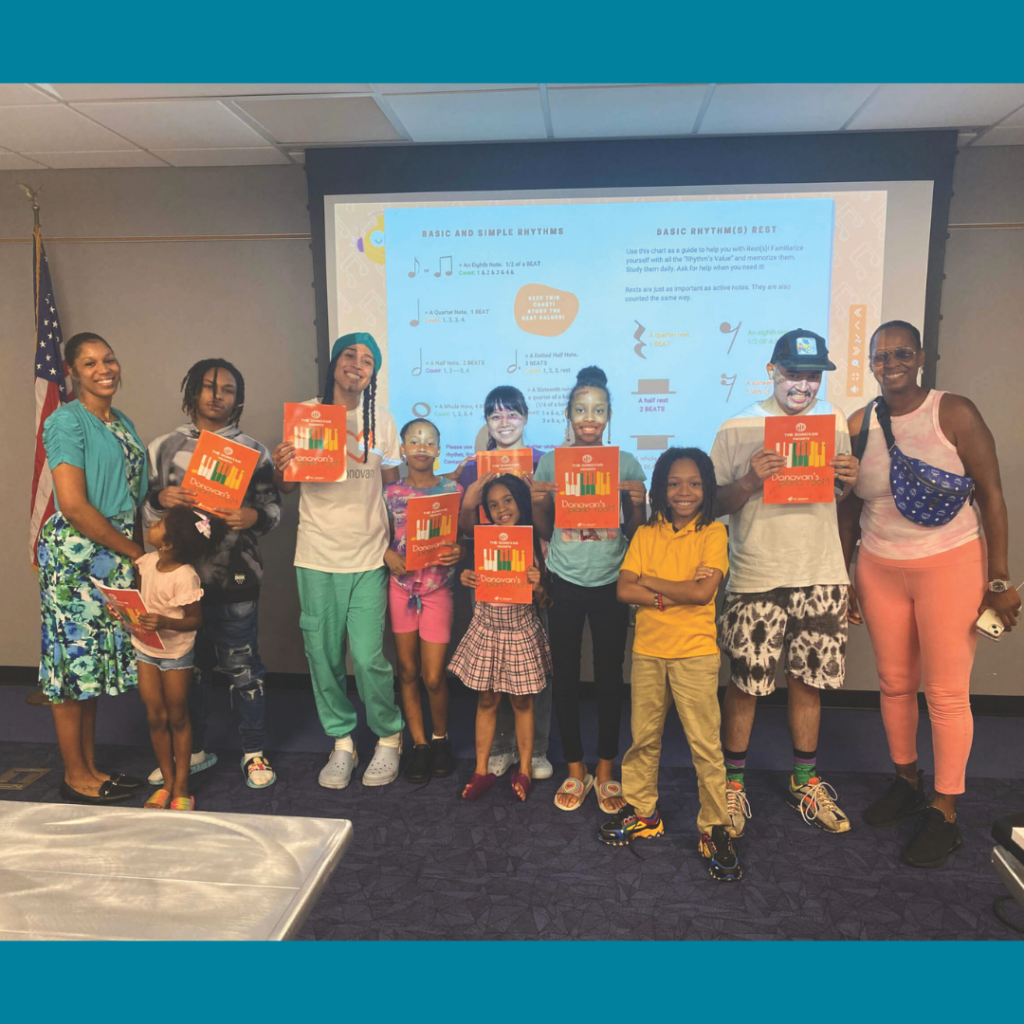Wellroot

Helping Foster Kids: Bishop Robin Dease, center right, challenged United Methodist Center staff to join her in collecting diapers for Wellroot as a staff service project, picture Wellroot.
The state of Georgia’s foster care system, which supports around 11,000 children, is facing a crisis.
Wellroot Family Services, a Tucker-based nonprofit that assists foster kids and their families, reports a 50% drop in inquiries from families interested in taking in a child since the pandemic. To make matters worse, many of the foster-care referrals involve older children, sibling groups or kids with special needs – all more difficult to place.
But Wellroot is accustomed to hard times. It started as an orphanage in 1871 to aid children left without parents after the Civil War. Initially called the Decatur Orphans Home, it later became the United Methodist Children’s Home of North Georgia. It changed its name to Wellroot in 2018 to “cast a wider net” and indicate its holistic approach.
“We serve all children and families on the spectrum of healing, hope and home,” says President and CEO Allison Ashe.
Wellroot strives to meet every need, from recruiting and training foster families to helping parents get access to social services – “and even down to details like making sure they have a car seat,” Ashe says. It also assists kids who are aging out of the system – around 700 per year in Georgia. Without help, one in four nationally becomes homeless by age 21, according to the Annie E. Casey Foundation.
There is a straightforward way people can help. The new Fostering Success Act has established a dollar-for-dollar state tax credit for donations made to organizations that support foster children. Wellroot Transitional Living Program clients are 50% more likely to graduate from high school than other foster kids aging out of the system. And 100% of Wellroot Independent Living Program clients find employment. That dollar goes a long way – ask any accountant.
“A loving home should have no expiration date,” Ashe says.






